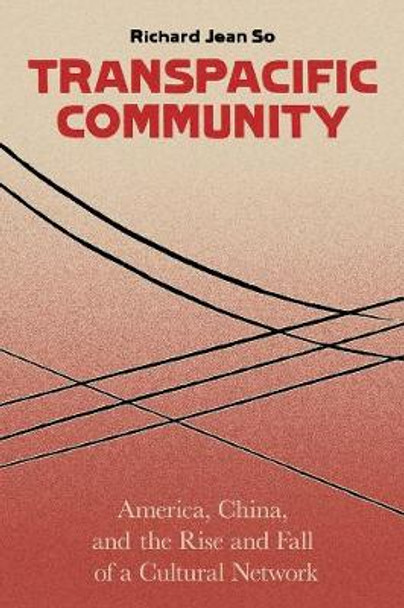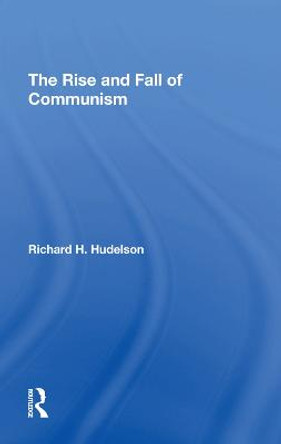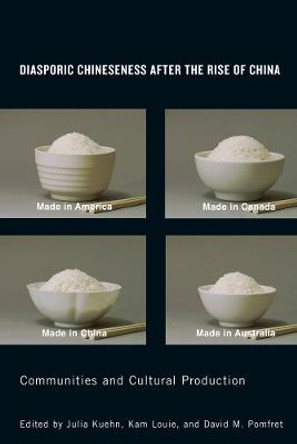Description
In the turbulent years after World War I, American and Chinese cultural figures sought to transform the terms by which the United States and China or, more broadly, "East" and "West" knew each other. Individually, they produced works that altered American conceptions of China and vice versa. Together, they collaborated on political projects that synthesized American and Chinese visions of equality. Their transpacific community upset traditional routes of power and articulated a new course for East-West cultural exchange.
About the Author
Richard Jean So is assistant professor of English at the University of Chicago. He specializes in modern American, Chinese, and Asian American literatures, and his work has appeared in Representations, Critical Inquiry, PMLA, American Literature, and boundary 2, among other publications.
Reviews
With deft archival research, vivid storytelling, and lucid prose, Richard Jean So retraces the utopian visions, literary affiliations, and material connections linking a fascinating assemblage of twentieth-century writers, musicians, and activists on both sides of the Pacific. Their transpacific traffic, he proposes, not only calls into question the inevitability of Orientalism as an optic for understanding East-West relations but also reveals how the telegraph, the phonograph, and the typewriter underwrote new forms of political solidarity, artistic creativity, and crosscultural intimacy. -- Andrew Jones, author of Developmental Fairy Tales: Evolutionary Thinking and Modern Chinese Culture A rich and deep study of literature as a form of transpacific imagination, Transpacific Community mixes textual analysis and archival research with empirical history, presenting an on-the-ground view of world literature as it impacts pivotal events. The book is a worthy and welcome addition to the current debate over the concept of world literature, an important intervention into transpacific studies, Asian American literature, media history, and other emergent fields. -- Yunte Huang, author of Transpacific Imaginations: History, Literature, Counterpoetics Richard Jean So's fascinating study of the impact of global communications technology on the circulation of ideas in a transpacific context offers new insight into how pioneering figures such as Lao She, Agnes Smedley, Lin Yutang, Pearl Buck, Lu Xun, and Paul Robeson sought to reshape cultural relations between China and the United States and reimagine what 'democracy' might signify on both sides of the Pacific. Fresh and intriguing! -- Shelley Fisher Fishkin, author of Writing America: Literary Landmarks from Walden Pond to Wounded Knee Transpacific Community is an insightful study of Sino-American cultural politics in the mid-twentieth century and a powerful intervention with the extant paradigm of democracy, be it called socialist or communitarian, capitalist or liberal. As the first of its kind, the book rediscovers a group of cultural and intellectual figures we have long overlooked due to their seemingly eclectic, anachronistic political stance. It calls attention to the highly interactive ties between China and the United States in transcultural diplomacy as well as in literary and artistic engagements. Richard Jean So is a strong critic and compelling storyteller. He has written a great book! -- David Der-wei Wang, author of The Lyrical in Epic Time: Modern Chinese Intellectuals and Artists Through the 1949 Crisis A valuable contribution to the historiographies of internationalism, Sino-American relations, and literature. By focusing on instances of cooperation, instead of exploitation, Transpacific Community offers a glimpse into an alternate history of Sino-Western collaboration where mutuality and shared interest are defining characteristics. -- Matthew D. Linton Journal of American-East Asian Relations
Book Information
ISBN 9780231176965
Author Richard Jean So
Format Hardback
Page Count 304
Imprint Columbia University Press
Publisher Columbia University Press










